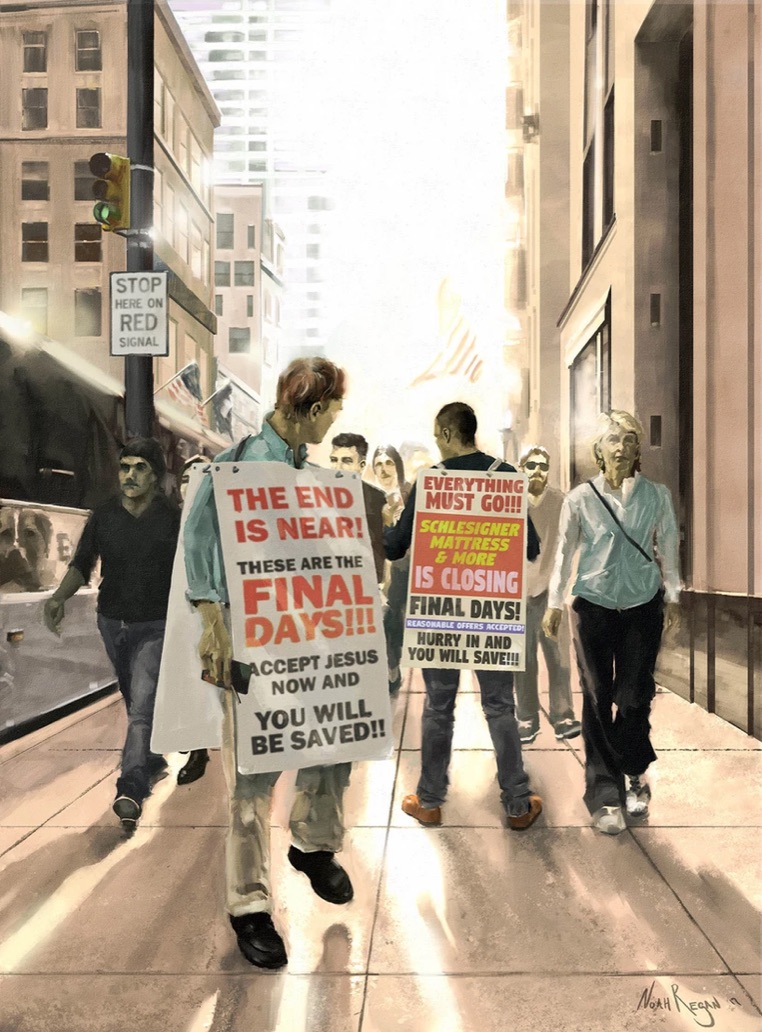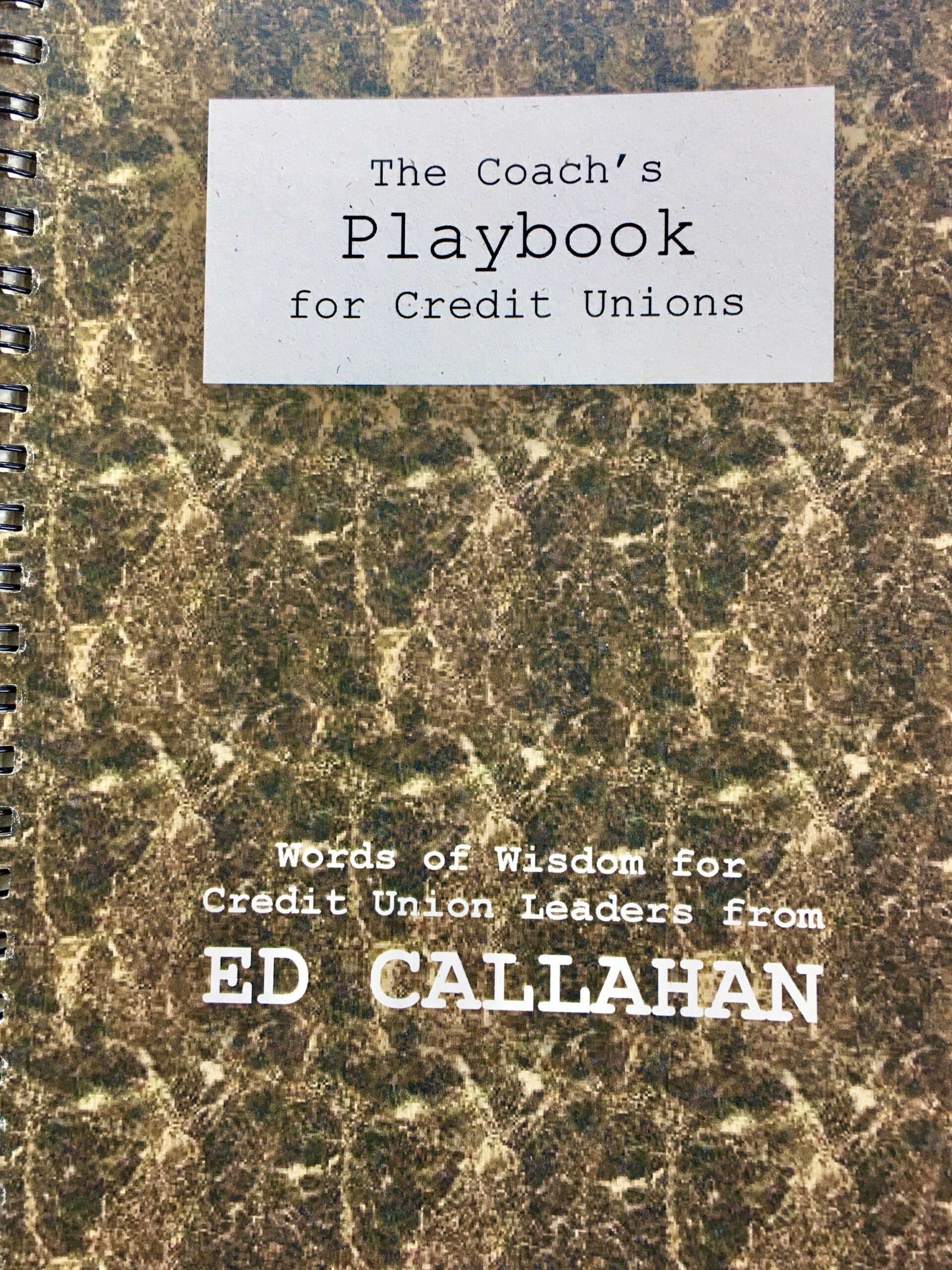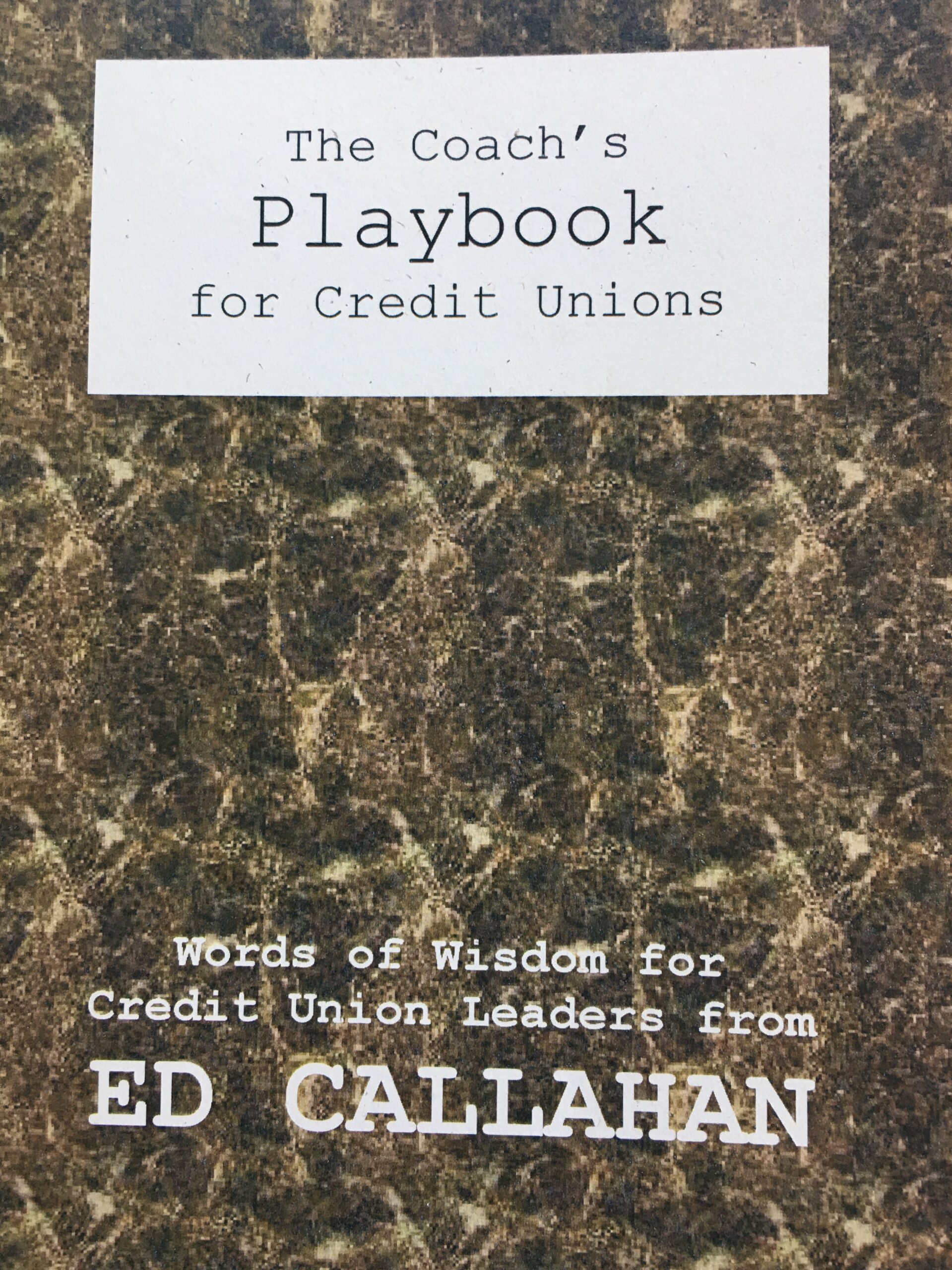Recently I visited Bentonville, AR the home of Walmart. There is a Walmart Museum that provides a history of the company. Included is a hologram figure of founder Sam Walton who will answer questions, using an AI program, that visitors may ask.
One posed this query to Sam’s artificial reincarnation, “Are you cheap?” referring to the Walmart’s tagline, “Always low Prices.”
Sam response started with his operating habits as the founding CEO. When he started the company they did everything possible to control costs, including sleeping two to a hotel room when traveling and always eating at low cost restaurants.
His reasoning was “Every dollar we save, stays in the customer’s pocket.”
Corporate America and Expense Control After the COVID Bounty
Both consumers and business benefitted from the government’s largess funding COVID programs to ensure the economy did not stop as people stayed home and commerce shut down. That era is over. Inflation resulting from stimulus spending became the economic priority in the fall of 2022. The political fight in Congress is now how to control or even reduce, government spending.
Company’s are seeing that consumers are once again aware of higher prices, and cutting back.
Layoffs of staff, even at some credit unions, are part of quarterly earnings updates and future projections.
One example is the turnaround by Spotify which returned to profitability for the first time since 2021 in this year’s third quarter. Their monthly active users increased 26% (2 million more ) and income hit $34 million in the latest quarter. The reason?
The company kept costs tight. The CEO Daniel Ek said they had laid off 6% of their employees and raised prices. His rationale: “We are still focusing on efficiencies, but efficiencies for us doesn’t mean just cost cutting, it means getting more out of each dollar.”
The Federal Government ‘s Institutional Spending Predisposition
The forces that drive CEO’s such as Walton and Ek to “get more out of each dollar” come from competitive market forces. These forces do not exist for government agencies. In some state and municipal governments, legal constraints require a balanced budget. But there is no such limit on deficit spending by the federal government or its separately funded agencies.
One result is that success in federal performance is measured by a department or agency’s spending authority and staff size. The larger the spend, the more that good works that can be done. Effectiveness is equated with resources deployed. Government’s response to challenges and/ or service issues is based on the belief that more money is necessary to resolve all goals.
This institutional belief in ever more spending is part of NCUA’s culture as well. There is no Congressional appropriation. The board can approve whatever increases two of the three political appointees agree upon. The board is all powerful in setting the operating fees and internal transfers needed to fund the increases they approve. No check and balance exists.
However this administrative habit of open-ended spending was not always the case.
In December 1984, the headline in the NCUA News read, FCU Operating Fee slashed 24% with the sub title announcing: “Brings Cuts to 64% Over Three Years.” This outcome was because the agency reduced its operating budget for three consecutive years.
Two examples of savings for credit unions were given in the article. For a small Ft. Shafter FCU the fee was reduced from $8,765 in 1982 to $4,587 three years later. For the largest credit union, Navy FCU, the fee fell from $403, 503 to $295,481.
The result was to keep credit union money for members’ benefit.
How the Cost Savings Were Achieved
Under President Carter the administration had tried to implement zero based budgeting in an attempt to control ever increasing government spending. It didn’t work.
At NCUA the expense reduction was a result of how the agency was administered. This is Chairman Callahan’s explanation in the NCUA’s 1982 Annual Report.
I want to report to you on decentralization because I think that ties in with regulation. We had a very strong Central office, a very talented Central office and one that developed over time for very good reasons, I’m sure. But as I viewed it, it had become so talented and so strong that the very mundane operational things that our field people tried to do got caught up in this pipeline—this pipeline of talent and centralization in Washington. Seldom did things come out the other end in a very efficient manner.
Everyone was overdoing their job; so we found that decentralization was the answer. We found it necessary to cut the size of the Washington office by a third an to rechannel these resources to the field and to delegate to the Regional Directors the responsibility for using these resources in a timely way to get the exam cycle down to an annual one. . . to give back up information to the field examiners . . . and to make those decisions right on-site that involve safety and soundness, chartering and supervision. (page 45)
The Washington office was reduced from eight Departments to two offices. The head count went from 207 in fiscal 1981 to 135 in 1982, a reduction of 72 positions. Overall headcount was reduced by 97 but field examiners were at the highest level of staffing in five years representing 57% of the workforce, a total examiner force of 400 positions.
1982 was the first year operating expenses declined in the agency’s history. At yearend the agency had examined all 11,120 FCU’s plus 18 Federal corporates. From 1982 through 1985, the credit union system reported double digit growth in shares and loans. As summed up in the 1984 Annual Report, NCUAs administrative approach was “More Service for Fewer Dollars.”
The agency’s culture was based on management performance and outcomes, not bureaucratic resource accumulation. The dominance and slow response described by Chairman Callahan of the NCUA’s Washington office in 1982, feels similar to anyone trying to get an answer today.
NCUA’s 2024/5 Budget Hearing on Thursday
At a public meeting on Thursday afternoon, the credit union system can present comments on NCUA’s staff drafted 2024-25budget. The 64 page staff draft shows an 11% operating increase from the current year to $382 million in 2024.
The third quarter results presented in Callahan’s Trend Watch update showed the credit union system returning to a normal level of performance outcomes following the extreme growth and historically low market interest rates (near zero) due to government’s COVID response. This is a return to the long term traditional cyclical range of credit union balance sheet growth, moderate earnings and asset quality.
The NCUSIF as an example is well resourced. At September 2023 it reports a net recovery in reserve for losses of $6.5 million. The loss reserve of $214 million is the highest level in ten years (since 2013). The ratio to insured shares represents a level of loss that is almost five times the actual net cash losses reported in the last five years.
And yet the agency wants more. The current proposal for double digit budget increases is a function of agency ego, not industry circumstance.



